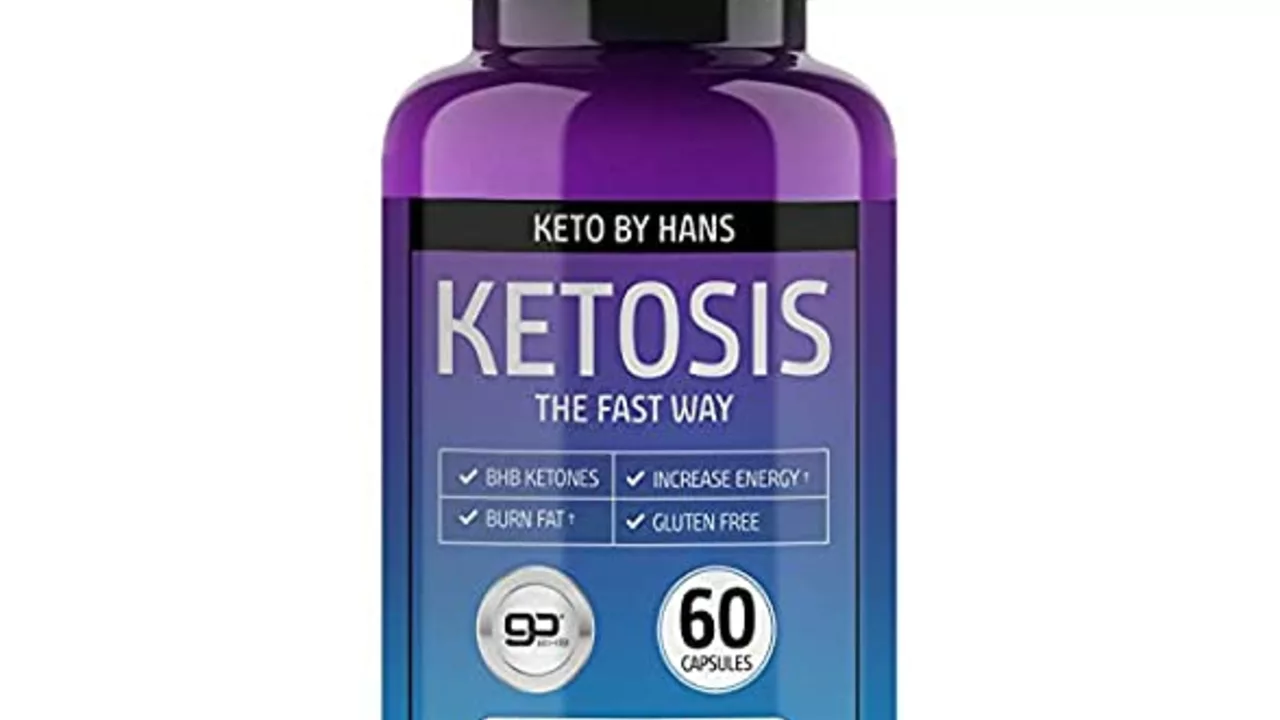Hydrazine Sulfate — what it is, what people use it for, and the risks
Hydrazine sulfate pops up often in discussions about alternative cancer treatments and appetite support. It’s a chemical that was studied decades ago as a possible way to slow cancer-related weight loss and alter tumor metabolism. That history makes it familiar — but also controversial. Here’s a plain-language look at what the science actually shows, the safety issues to watch for, and how to avoid common online-purchase traps.
What people expect from hydrazine sulfate and what trials show
People have used hydrazine sulfate mainly for two reasons: to treat cancer cachexia (the severe weight loss some people with cancer get) and as an experimental anti-cancer agent. Early lab studies suggested it could block a metabolic pathway tumors rely on, which led to small clinical trials in the 1970s and 1980s. Those trials had mixed results — some patients saw appetite or weight improvements, others did not, and many studies were small or had design problems.
Modern reviews find no clear, high-quality evidence that hydrazine sulfate reliably helps people live longer or has consistent anti-tumor effects. In short: the early promise didn’t translate into strong proof in larger, well-controlled studies. It’s not an FDA-approved cancer treatment, and mainstream oncology guidelines don’t recommend it.
Safety, side effects, and smart precautions
Hydrazine compounds can be toxic. Reported side effects include nausea, vomiting, dizziness, nerve problems, and liver damage. There’s also concern about interactions with common drugs and medical conditions. Because of possible liver and nerve effects, people with liver disease or neuropathy should be especially cautious.
If someone is thinking about hydrazine sulfate, the safe steps are simple: talk with your oncologist or pharmacist first, share all medicines and supplements you take, and avoid self-prescribing based on forum posts. Laboratories and clinical monitoring are often recommended during experimental treatments because toxicity can develop.
Buying tips: hydrazine sulfate is sometimes sold online as a research chemical or supplement. Products from unknown sellers can be impure, mislabeled, or contaminated. Never substitute an online product for prescribed therapy without a doctor’s OK. If a seller claims dramatic cancer cures, treat that as a red flag.
If you want to read more, look for systematic reviews or large controlled trials rather than single anecdotal reports. A pharmacist or your care team can help interpret research and explain interactions or monitoring needs. Above all, prioritize safety and coordinated care — experimental options are best handled under medical supervision, not as DIY fixes.
Note: this is an informational overview, not medical advice. Talk to your healthcare provider about anything related to diagnosis or treatment decisions.

